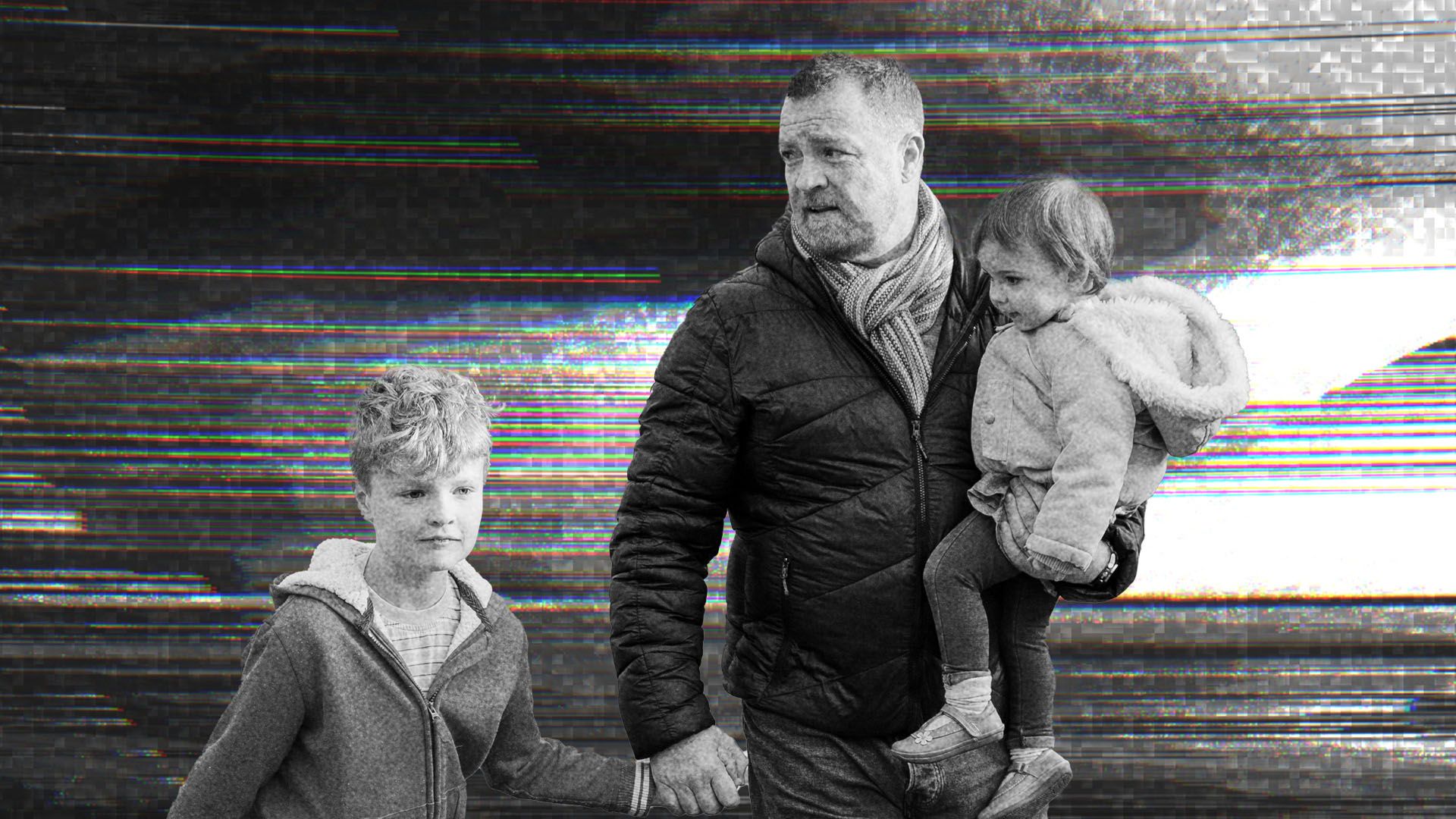

Life after divorce: 7 divorce survival tips for men
Let’s not beat around the bush: going through a divorce sucks big time. There’s a lot of worry, stress, uncertainty, and a pile of emotions (that can sometimes feel contradictory).
Separation can be difficult and painful, and a big part of that involves adjusting to a new way of living. Help is at hand though, courtesy of Movember mental health expert, Dr Steve Robertson. He’s emeritus professor of Men, Gender and Health at Leeds Beckett University, and he’s got some top advice for helping men cope and navigate the turbulent waters of life after divorce.
1) Allow yourself time to grieve
Feeling sad, angry, hurt, betrayed, desperate and lost is common after a divorce – and perfectly normal. The important thing is to remind yourself that these feelings won’t last forever, even if at times it feels like they will.
2) Don’t jump into a new relationship
After a break-up, try to avoid launching into new intimate relationships. It may not be the answer to lifting yourself out of a dark place. Dr Robertson says: “Dating when your mind is not in the right place can further damage confidence and leave you feeling confused, and might compound the hurt and anger.”
3) Spend time with people who make you feel good
It’s important for your mental health to make the time to catch up regularly and re-establish relationships that may have drifted over the years. Having strong social connections (friendships) has a major influence on our long-term health and wellbeing. Spending time with your friends and having people to rely on in a crisis is good for everyone. Dr Robertson says: “Old friends are often really pleased to be having more regular contact. Some may even have been through divorce themselves and could provide a listening ear, useful practical advice, or just moments of relaxed fun and laughter.”
" Old friends are often really pleased to be having more regular contact. Some may even have been through divorce themselves and could provide a listening ear. "
4) Find a new activity
Try and do more fun and positive things. That means activities or hobbies, preferably with other people. “This is a useful way of distracting yourself from negative thoughts while enjoying the company of others,” says Dr Robertson. “Physical activity with others has known positive mental and physical health benefits.”
5) If you have kids, focus on their needs
Children can often be a source of further stress during separation or divorce. This is because the parent may be grieving the loss of time with their child, and additionally, may worry about how the split will affect them. Focus on your child’s needs, including their need for space or distance, even if that might hurt you or seem unfair.
Dr Robertson says: “Enjoy trying to think of new, interesting ways to spend time with them. A new chapter as a father is opening up with new possibilities. When doing so, remember to put what interests them first.” For more advice on co-parenting for separated and divorced dads visit Movember’s Family Man.
6) Reflect on your relationship
When the time feels right, think about what you might have learned from this time. Dr Robertson says: “Don’t dwell on what you or your partner might have done wrong, including any guilt or anger that might go with that. Do try to think about what you learned about yourself, and how you might use this positively.”
7) Seek professional help if you need it
We all have times when we're feeling low. Again, that's normal. However, if those feelings don’t pass, and actually start interfering with your life, it could be a sign that it’s time to call in an expert. Check out these mental health support services. They can help clear some of the confusion and mind fog and help you make sense of where you're at right now.
Dr Steve Robertson is emeritus professor of Men, Gender and Health at Leeds Beckett University.